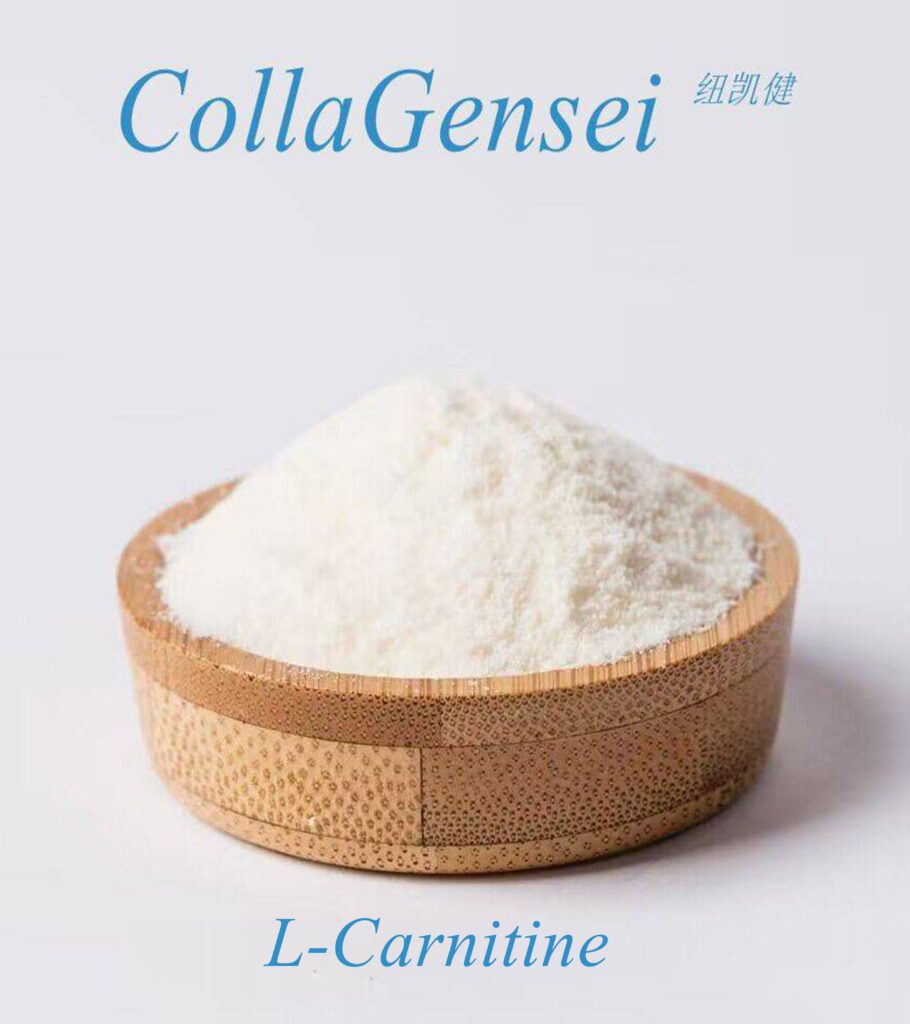Introduction
L-Arginine Alpha-Ketoglutarate, often abbreviated as AAKG, is a compound that combines L-arginine, an amino acid with numerous physiological roles, and alpha-ketoglutarate, a key intermediate in the Krebs cycle involved in energy metabolism. This article aims to delve into the biochemical properties, physiological effects, potential benefits, and considerations surrounding the use of L-Arginine Alpha-Ketoglutarate.
Biochemical Properties
L-Arginine Alpha-Ketoglutarate is a molecular compound formed by bonding L-arginine, an amino acid that plays essential roles in protein synthesis, hormone secretion, and immune function, with alpha-ketoglutarate, a keto acid involved in the citric acid cycle. Structurally, AAKG combines these two components in a 2:1 ratio, which means there are two molecules of L-arginine for every molecule of alpha-ketoglutarate.
Alpha-ketoglutarate serves as a precursor for the synthesis of glutamate and subsequently glutamine, which are important amino acids involved in various metabolic processes, including protein synthesis and the urea cycle. This combination in AAKG is thought to enhance the absorption and utilization of L-arginine in the body due to its role in energy metabolism and cellular function.
Physiological Functions
- Nitric Oxide Production: L-Arginine is a precursor for nitric oxide (NO), a signaling molecule involved in vasodilation and cardiovascular health. By combining with alpha-ketoglutarate, AAKG may potentially enhance the production of nitric oxide in the body, leading to improved blood flow and cardiovascular function.
- Exercise Performance: AAKG has been studied for its potential to enhance exercise performance. It is theorized that increased nitric oxide production can lead to improved delivery of oxygen and nutrients to muscles during physical activity, thereby enhancing endurance and reducing fatigue.
- Muscle Protein Synthesis: is essential for protein synthesis, which is crucial for muscle growth, repair, and maintenance. AAKG supplementation may support these processes, potentially leading to increased muscle mass and strength.
- Ammonia Detoxification: Alpha-ketoglutarate plays a role in the urea cycle, where it helps in the detoxification of ammonia, a byproduct of protein metabolism. This function may contribute to overall metabolic health and reduce ammonia-related stress on the body.
- Antioxidant Properties: Some studies suggest that AAKG may possess antioxidant properties, helping to neutralize free radicals and reduce oxidative stress in the body. This effect could have implications for overall health and disease prevention.
Dietary Sources
AAKG is not naturally found in significant quantities in food sources. Instead, it is typically synthesized in laboratories for use as a dietary supplement. However, its components, L-arginine and alpha-ketoglutarate, are naturally present in various foods. Common dietary sources of L-arginine include:
– Protein-Rich Foods: Such as meat (particularly red meat), poultry, fish, and dairy products.
– Nuts and Seeds: Like almonds, peanuts, sunflower seeds, and walnuts.
– Legumes: Including soybeans, chickpeas, and lentils.
– Whole Grains: Such as oats, wheat germ, and quinoa.
– Fruits and Vegetables: Especially spinach, watermelon, and garlic.
Alpha-ketoglutarate, as an intermediate in the Krebs cycle, is produced naturally in the body during the metabolism of carbohydrates, fats, and proteins.
Health Benefits
- Enhanced Exercise Performance: AAKG supplementation has been studied for its potential to improve exercise performance, particularly in endurance athletes. By promoting vasodilation and improving blood flow to muscles, AAKG may delay fatigue and enhance recovery.
- Nitric Oxide Production: Increased nitric oxide levels from AAKG supplementation may benefit cardiovascular health by promoting healthy blood pressure levels and supporting overall vascular function.
- Muscle Growth and Recovery: AAKG may support muscle protein synthesis, which is crucial for muscle growth, repair, and recovery after exercise or injury.
- Ammonia Detoxification: The alpha-ketoglutarate component of AAKG may aid in the detoxification of ammonia, potentially reducing fatigue and enhancing metabolic efficiency during physical exertion.
- Antioxidant Support Some research suggests that AAKG may possess antioxidant properties, helping to combat oxidative stress and reduce the risk of chronic diseases associated with free radical damage.
Considerations and Potential Risks
While AAKG supplementation is generally considered safe for healthy individuals when taken in recommended doses, there are several considerations and potential risks to be aware of:
– Individual Variability: The effects of AAKG may vary depending on individual factors such as age, health status, and baseline nitric oxide levels.
– Interaction with Medications: AAKG may interact with medications that affect blood pressure or nitric oxide levels. Consultation with a healthcare provider is recommended, especially for individuals taking medications for cardiovascular conditions or erectile dysfunction.
– Digestive Issues: High doses of AAKG may cause gastrointestinal discomfort, including diarrhea and nausea, in some individuals.
– Allergic Reactions: Although rare, allergic reactions to AAKG or its components may occur in susceptible individuals.
Conclusion
L-Arginine Alpha-Ketoglutarate (AAKG) combines the amino acid L-arginine with alpha-ketoglutarate to potentially enhance nitric oxide production, support exercise performance, promote muscle growth and recovery, and provide antioxidant benefits. While AAKG supplementation shows promise in various health and performance-related contexts, more research is needed to fully elucidate its mechanisms and confirm its benefits in different populations. As with any dietary supplement, it is essential to use AAKG responsibly, following recommended dosages and considering individual health needs and potential risks. Consulting with a healthcare provider before starting supplementation can help ensure safe and effective use of AAKG to support overall health and fitness goals.




